Has Zionism, especially Liberal Zionist, exhausted itself? The humanistic constructs of liberal Zionism, always in conflict with itself because of its refusal to grant Palestinians equal civil and political rights, has led many Israelis to embrace a far more chauvinistic and fanatic religious Zionism. What does this mean for Israel? And, as important, what does this mean for Judaism? The Zionist movement, which became a dominating force with the establishment of the Jewish state in 1948, sought to shut out Jewish critics. It not only maligned Jews that did not embrace Zionism, but labeled them anti-Jews, self-hating Jews or counter-Jews. This war within Judaism between those who put Israel at the center of Jewish identity and those who did not ripped apart and continues to rip apart the Jewish collective. As Rabbi Shaul Magid writes, “The Talmudic sages teach that the heretic (apikorus or min) is actually worse that the idolater. In their estimation, unlike the idolator, the heretic subverts Judaism from the inside.” Rabbi Magid goes on to argue that the demand for the full Zionization of American Jewry is an attempt to brand all who do not give their primary loyalty to the State of Israel Jewish heretics, apostates. This battle within Zionism raises crucial questions. What role does exile play in Jewish belief? What role does the state of Israel play in Jewish belief? Is Zionism the only true refuge for Jews? Are Jews who reject Zionism and Israel’s occupation of the Palestinians, who embrace lives outside of Israel, upholding or defying Jewish tradition? Is the nation-state the best or healthiest collective structure for Jews? Is a Jewish homeland, known by Jews as the Land of Israel, connected to sovereignty? Judaism existed, of course, long before the concept of sovereignty and the Land of Israel has been the homeland of the Jews for millennia without sovereignty. Is the concept of “homeland” or in Hebrew morasha (inheritance) dependent on statehood or even residence in Israel? Or is this concpet, in its origins, atheological concept? Joining me to discuss Zionism and its relationship to Jewish belief is Rabbi Shaul Magid professor of Jewish Studies at Dartmouth College and Senior Fellow at the Center for the Study of World Religions at Harvard University and the author of “The Necessity of Exile: Essays from a Distance.”
The Chris Hedges Report with Rabbi Shaul Magid on Zionism and the subversion of Judaism.
Feb 23, 2024





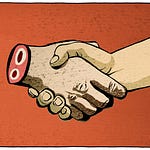
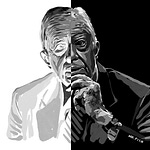
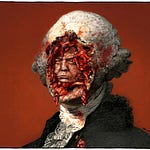
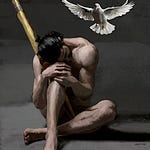
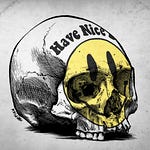
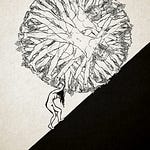

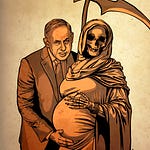
Share this post